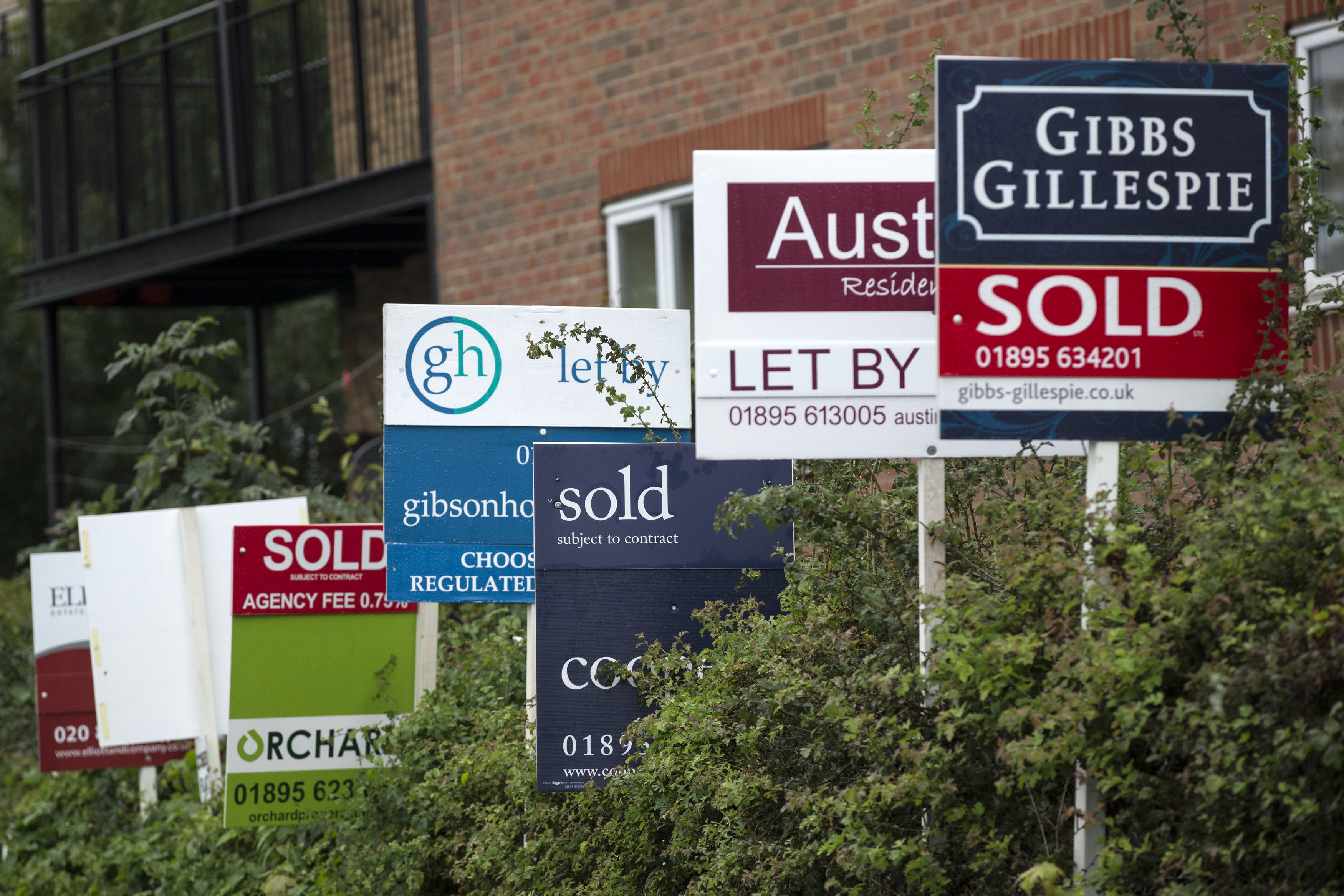The UK Land Registry today released its latest report on house prises, showing the ticket-cost of an average home in England and Wales down 2.2 per cent to £177,299 in September from a peak of £181,324 in November 2007. No, that still doesn’t mean that underpaid Westminster interns can afford to buy a home in central London. Per the Land Registry, average house prices in the capital rose 18.4 per cent since this time last year.
Cue the New York Times with an opinion article composed by a young writer, cavilling about the matter:
‘Without capital, those of us who do not own property resign ourselves to running in an exploitative rat race. . . . I live two boroughs away from where I was born [in east London], yet I’ll never be able to afford a home.’
Life is hard for young writers following their passions in one of the world’s most expensive cities. But would London be a more fair place if only there were more landlords willing to sell or rent at a loss? The Times writer seems to think so:
‘Where a majority is scrambling to make ends meet, a wealthy minority treats the city purely as an asset base for investment.’
The article was passed to me as an example of an ‘attack on London from New York’, by a Westminsterite colleague. Some chutzpah, he wrote in his accompanying note, from a publication based in ‘a city that isn’t exactly renowned for its cheap real-estate.’
Fair enough; New York has its own problems with housing – thanks largely to decades of rent controls – which are not yet London’s problems, though they could be if Ed Miliband wins next year’s elections and puts in place the rent-controls he’s promised.
Fraser Nelson looked at the Labourite rent-control plans in his Telegraph column in May. Based on New York’s experience, Londoners could look forward to a new housing crisis under Labour – one no longer dominated by barons and oligarchs, but by property owners with zero incentive to sell and – for those unlucky enough to occupy un-controlled properties – letting prices that continue to spiral upwards.
Does any of this absolve London’s greedy rich and its money-lenders? Not exactly, but the blame doesn’t lie quite where would-be millennial homeowners (the ‘occupy’ generation, lest we forget) would like it to. The Bank of England’s ground-floor interest rates have done plenty to encourage borrowing for soaring property prices.
There are simpler solutions than capping rents, or hiking rates and withstanding the howls of over-leveraged bankers, investors and indebted young’uns alike. Chiefly, increase the supply – perhaps by building on the leafy green likes of Hampstead Heath, as Ed West suggested earlier this year; or by permitting a few hundred more of those New York-style skyscrapers that Boris Johnson likes so much.
Building in Hampstead, however, ‘wont happen’ because, as Ed points out, ‘the people of Hampstead and Highgate have power, and those in rural England don’t.’ Similarly, for all their griping about ‘housing shortages’ and the poor 20-something-year-olds unable to afford their own home, well-heeled London folk will continue to insist that more skyscrapers would ruin the quaint village feel of Angel, Notting Hill and so on.
True, true and true. But you can’t have it all, kids, and there’s no such thing as a free Soho loft with a view of the river. Just ask New Yorkers.







Comments